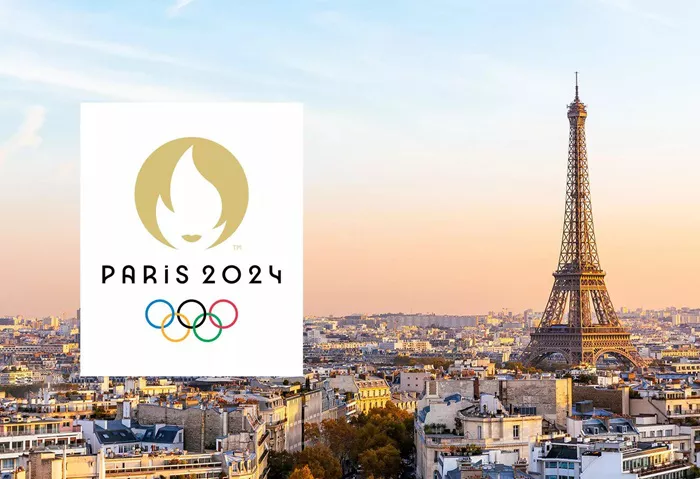As the 2024 Summer Paris Olympics draw to a close this Saturday, after 15 days of intense competition featuring 300 events and over 10,500 athletes, the spotlight now shifts to the lasting impact of this historic sporting event. With thousands of spectators heading back to their homes worldwide, analysts are beginning to assess the legacy of the Paris Games.
The Paris 2024 Olympics have set new standards in sustainability and cost-efficiency. In a notable departure from tradition, the event embraced a largely vegetarian and vegan menu at the Athletes Village, a 3,500-seat dining facility. French catering company Sodexo Live! spearheaded this initiative, aligning with the Paris 2024 strategy to cut the carbon footprint of catering services. The menu featured around 40,000 meals made predominantly from energy-efficient agricultural products such as legumes, vegetables, and fruits, largely sourced from French producers, as detailed on the official Paris 2024 website.
In a groundbreaking move, the Paris Games avoided using diesel generators for power. Instead, they relied on existing local energy infrastructure, with generators kept only as a backup. According to the official site, “These new connections will benefit other events in the future, helping to reduce the sector’s carbon emissions.” The event was powered entirely by renewable electricity from six wind farms and two solar farms, provided by state utility EDF. This commitment to green energy is already influencing future plans, with French media reporting that the 2024 Los Angeles Olympics are considering adopting a similar energy strategy.
Another significant achievement of the Paris 2024 Olympics was the minimal requirement for new construction. Organizers managed to recycle and reuse 95% of existing facilities, making this year’s Games the most budget-conscious in two decades, with a projected cost of approximately 8.9 billion euros. While large-scale events often place a financial burden on host cities, Paris’s pre-existing infrastructure, which required only minor refurbishing and temporary additions, significantly mitigated these concerns.
In summary, the Paris 2024 Olympics have redefined the approach to hosting large-scale sporting events, showcasing a commitment to sustainability and economic efficiency that sets a new benchmark for future Games.
Related topics:
- How To Connect A Portable Generator To Your Home
- TOP 3 Home Generator Under $100
- TOP 4 Reliable Home Generator On The Market

